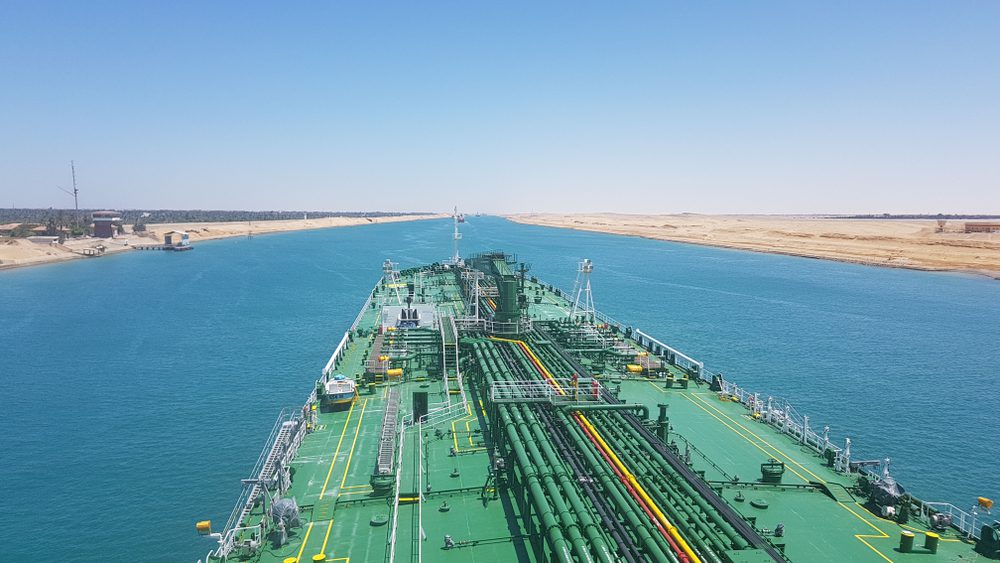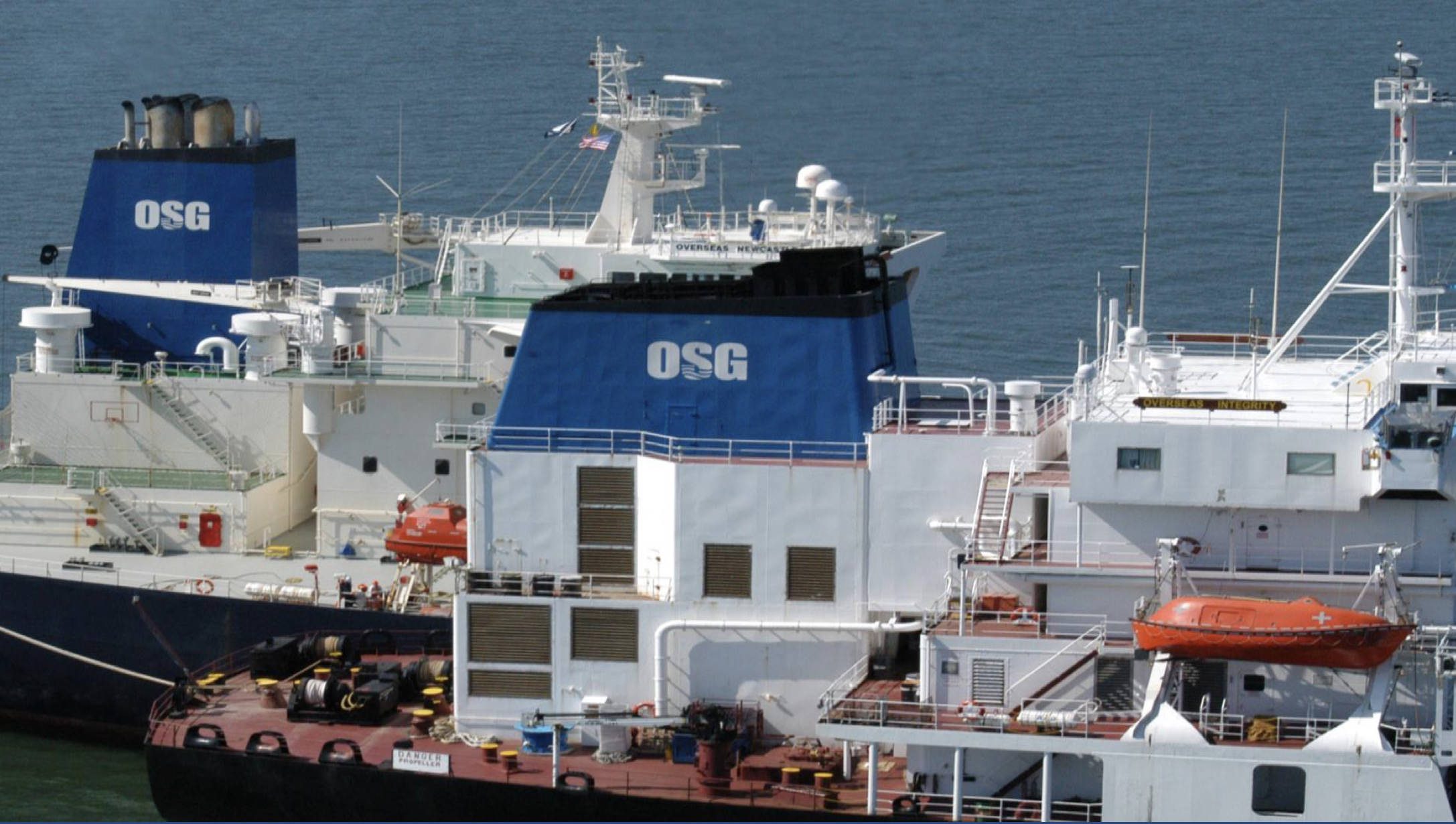Photo: Adhura Armaan / Shutterstock
By Mike Wackett (The Loadstar) – Despite the recent introduction of low-sulphur regulations, the Suez Canal Authority (SCA) will continue to allow ships transiting the waterway to burn heavy fuel oil (HFO) without the need for scrubbers.
Adding to the confusion for ship managers is a ban by the SCA on the discharge of wash water – used in the open-loop scrubber process – while vessels make the passage.
In effect, this means ships with scrubbers installed must switch off the exhaust gas cleaning systems during the 12-hour passage, thus releasing pollutants into the atmosphere.
In circular 8/2019 issued on Sunday, the SCA it said it puts “no restrictions on fuel oil” for ships using the canal “until ratification of MARPOL Annex V1? by Egypt.
The same circular also states it is “forbidden” to discharge sea water into the canal during transit “in any circumstances”.
One observer familiar with Egypt told The Loadstar ratification of Annex V1 “could take years”, given the slow legislative process in the country.
The IMO 2020 0.5% global sulphur cap on marine fuel for ships not fitted with scrubbers came into force on 1 January, having been agreed by all member states, including Egypt. However, governments officially need to pass laws in their own countries for the regulation to become enforceable.
The Loadstar understands there are still many states, like Egypt, that have yet to ratify MARPOL Annex V1, which could undermine the success of IMO 2020 and encourage rogue operators to undercut compliant competitors on secondary trades.
Assuming Egypt does eventually ratify Annex V1, the ban on open-loop scrubbers by the SCA is a further concern for shipowners that have invested in the technology to mitigate the higher cost of LSFO (low-sulphur fuel oil).
Around 80% of the scrubber systems installed on ships are of the open-loop type that use seawater to separate the sulphur content from the fuel before it enters the ships’ exhaust funnel. The sulphuric acid is kept on board for safe discharge at a nominated port, while the wash water is discharged back into the sea.
There are a limited number of ships with closed-loop scrubbers, which keep the wash water on board for later discharge, and there is hybrid equipment that can switch between the two operations, but both are expensive to install and operate.
A number of independent studies have sought to prove that the use of open-loop scrubbers is a “safe and effective means of complying with IMO 2020”, but ship operators have struggled to get the message across. Indeed, more than 80 ports around the world have prohibited the use of open-loop scrubbers in their territorial waters.
The Clean Ship Alliance (CSA), a pro-scrubber lobby, told The Loadstar recently it was “actively engaging” with port authorities over their concerns, but suggested the bans had been put in place after “very little hard research”, with many ports deciding to prohibit their use on the back of bans by others.
Vessels fitted with open-loop scrubbers calling at ports with ban need to switch tanks to compliant fuel before entering the jurisdiction, as is the case for the ultra-low ECAs (emission control areas) of North Europe and the US.
The Loadstar is fast becoming known at the highest levels of logistics and supply chain management as one of the best sources of influential analysis and commentary.
Check them out at TheLoadstar.co.uk, or find them on Facebook and Twitter.
Unlock Exclusive Insights Today!
Join the gCaptain Club for curated content, insider opinions, and vibrant community discussions.

 Join The Club
Join The Club







![A screengrab of a map showing an earthquake Mindanao, Philippines on Dec 2, 2023. (Image: US Geological Survey [USGS])](https://gcaptain.com/wp-content/uploads/2023/12/Screenshot-2023-12-02-at-10.45.17-AM-copy.png.webp)





